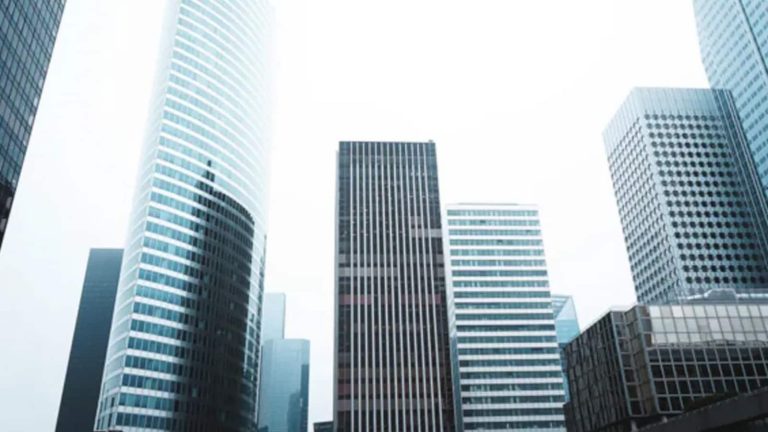(Bloomberg) — Two of Venezuela’s central bank directors have left their posts after President Nicolás Maduro made comments about incorporating a large volume of gold into international reserves, raising concerns over the use of unregulated mines to bolster the country’s coffers.
Sohail Hernandez, the bank’s first vice president, and Iliana Ruzza, vice president of international operations, are no longer at the bank, according to people familiar with the matter. Both had pushed back on a rushed plan to incorporate the gold into reserves without following the protocol that regulates what are known as “good delivery” bars, which meet specific measurement requirements to comply with international standards, the people said.
The bank has also been under pressure to stem a sudden slide in the currency amid expectations of lower oil revenue due to policy moves by US President Donald Trump. Hernandez had been a member of the central bank’s leadership since 2014 and was widely viewed as a strong force in managing monetary policy.
The rest of the board is set to be replaced by an open nomination process, one of the people said, with some directors approaching the end of their terms. Officials at the information ministry and the central bank didn’t reply to requests for comment. Hernandez and Ruzza couldn’t immediately be reached.
On Wednesday, the central bank called for qualified candidates to apply for director jobs, according to a notice published on its website. Applicants, who have until Friday to submit their resumes, will be reviewed by an evaluation committee at the finance ministry.
Maduro announced on March 24 that a shipment of gold had been delivered to the central bank. “Venezuela is already making gold bars for its national and international reserves, for its development, with its own gold, in compliance with the strictest international standards,” the socialist leader said in a televised event.
The bolivar, meanwhile, has been tumbling in the unofficial market amid expectations of lower revenue due Trump’s tightening of sanctions. On the same day Maduro spoke, Trump imposed a 25% secondary tariff on countries that buy Venezuelan crude.
More stories like this are available on bloomberg.com


